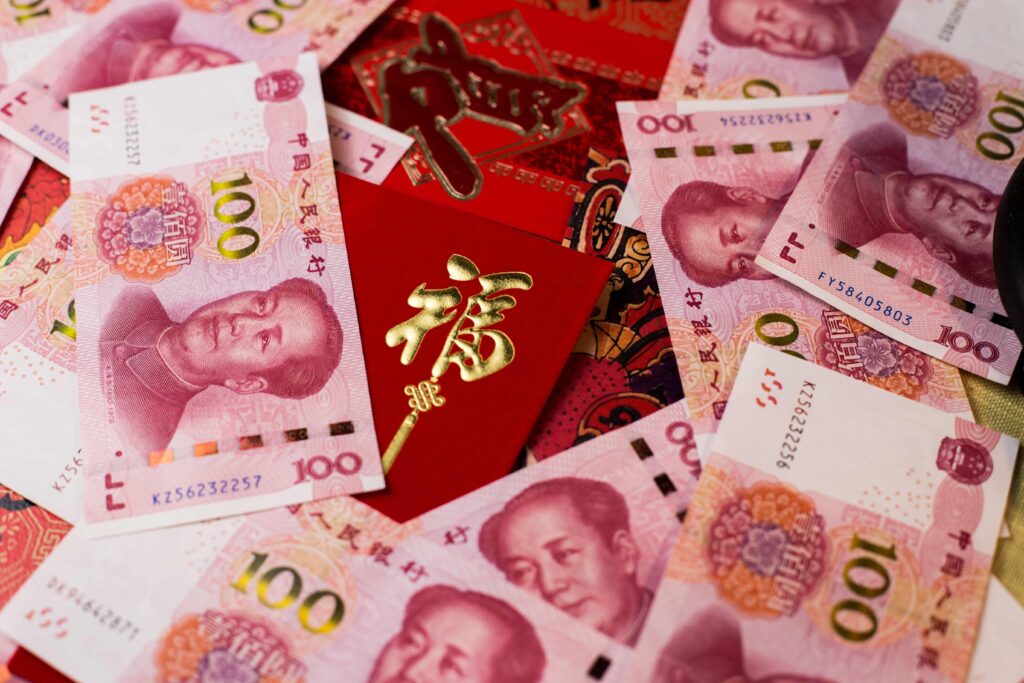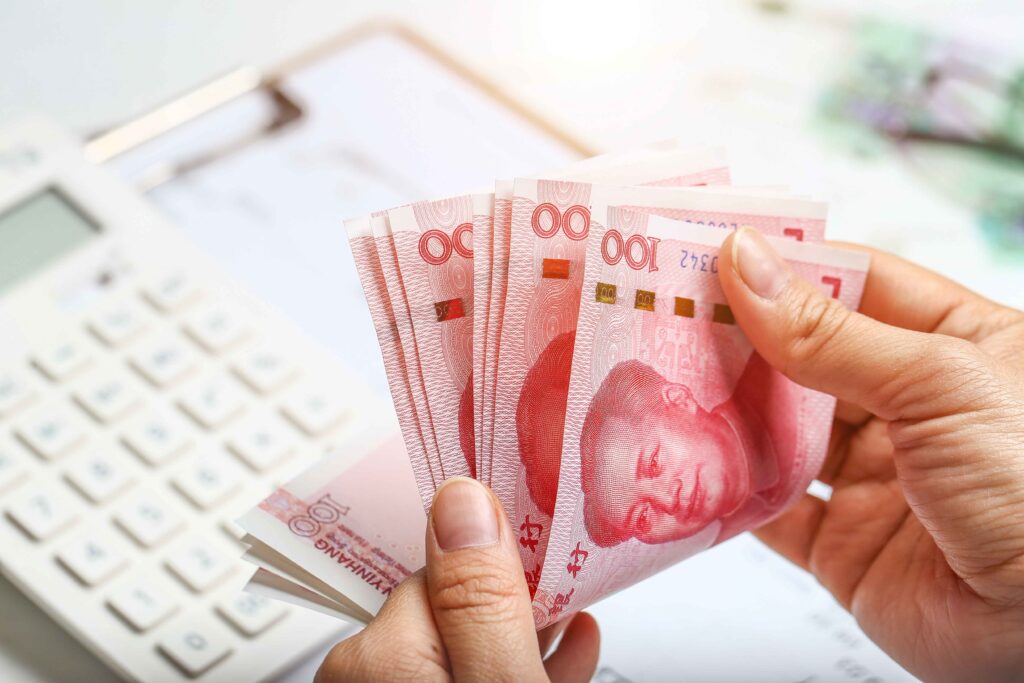China’s Economic Effects for Global Trade 2024 Syrixo.com China, the world’s second-largest economy, has been experiencing an economic slowdown over the past few years. The country’s GDP growth rate has been gradually slowing down; from13.2 percent in 2007, to 6percent in 2022. This slowdown is of great importance to world economy since China plays a vital role in the global export market. In this article, we examine the causes of China’s economic deceleration, its effects on global commerce together with effects on the business world and national economies.
Possible Explanations to China’s Economic Rejuvenation
Several factors have contributed to China’s economic slowdown:
- Declining Labor Force: The working age population of China has been declining because of the decreasing birth rate and an ageing population.
- Rising Labor Costs: Wage increases over time have in most cases been higher than the increases in productivity hence furthering labor cost and lowering competitiveness.
- Overcapacity and Overinvestment: Companies have overemphasized fixed assets investment in steel, cement and real estate industries which has resulted in over-production.
- Debt Accumulation: There is now greater financial risk as indicated by expansion of debt, especially in state owned enterprises.
- Trade Tensions: Trade conflict continues with the United States and other countries, and this has impacted negatively in exports and supply chain.
- COVID-19 Pandemic: The current research has shown that China has experienced severe disruptions in some of its sectors as a result of the current pandemic.
- Government Policies: The measures that the Chinese authorities have taken to shift the economic structure and to promote domestic demand have dampened the country’s growth.

Impact on Global Trade
China’s economic slowdown has significant implications for global trade:
- Reduced Demand: A slowing growth in China means that Chinese companies buy fewer foreign products thus the negative impact to those countries that rely heavily on exports to China.
- Supply Chain Disruptions: This indicates China integrates a critical place in the global supply chain system, whereby implementation or even interruptions can execute significant effects.
- Commodity Price Volatility: China is opening and sharp changes in demand for goods that include oil, iron ore and copper among others result to fluctuation of prices.
- Currency Fluctuations: This paper tried to show that the depreciation of yuan is affecting currencies around the world and trade competitiveness.
- Shift to Services: The shift of growth model towards the services sector could pose a shift in trade dynamic in China’s relations.
Regional Implications
The impact of China’s economic slowdown varies across regions:
- Asia-Pacific: There are more countries that can be negatively affected by the decreased demand, these are Japan, South Korea, and Australia.
- Europe: This means that countries like Germany and France enjoying strong business relations with China may see their exports drop in future.
- Latin America: Some countries, for example Brazil and Chile that export their commodities to China may be affected by decrease in demand.
- Africa: Some African nations that have vested interest in dealing with China may have slow development and less trade.
- Does Unchained Make Best Loans on Bitcoin?

Implications for Businesses
Companies around the world must adapt to China’s economic slowdown:
- Diversify Supply Chains: Fewer reliance on Chinese supply chains and search for other suppliers.
- Adjust Market Strategies: Regarding the Chinese consumer behavior shift, marketers and sales departments have to adjust their marketing and sales approaches.
- Invest in Emerging Markets: Establish new markets by targeting the usually untapped markets of SE Asia and Africa.
- Develop Digital Capabilities: Improve the competitiveness and business continuity through smart technologies investments.
- How to Set Up Tax Yield Income? Best Guide
Policy Responses
Governments and international organizations can respond to China’s economic slowdown:
- Trade Agreements: Suggest the right path of trade liberalization that can effectively minimize trade dependence on China.
- Investment in Infrastructure: Improve physical facilities by establishing access to increase and improve on competitiveness.
- Support for Small and Medium-Sized Enterprises (SMEs): Supply capacity in order to help SMEs adjust to new trade paradigms.
- Multilateral Cooperation: Promote such international collaboration to foster in the resolution of The International Economic systems.
- Remote Work and Digital Nomadism 2024
Conclusion
it is important to understand the factors affecting imports and exports and global trading because China’s slow down affects global trading. The nature of the slow down as well as its effects on regional trading relations should be a matter of importance to businesses, national organizations as well as the global institutions. When these changes happen stakeholders should be more proactive enough to avoid the negative impacts and harness the opportunities that the change bring to international trade.

Recommendations
- Monitor China’s Economic Trends: Know China’s economic achievements and changes so as to redesign strategies when it is necessary.
- Diversify Trade Relationships: Enhance the trade relations with emerging markets and add the options to supply chains.
- Invest in Digital Transformation: Use of digital technologies to improve competitiveness and to create barriers against vulnerability.
- Foster International Cooperation: Promote the development of cooperation between multiple countries in order to combat major economic issues.
- You can contact us here.
Therefore, implementing these tactics will enable organizations and economies foster success in the new structure of the global economy due to the slump in China’s growth rate.



Pingback: Forex Trading 101: Worst Crime Activities in it Syrixo.com
Pingback: Impact of Brexit on the UK and EU: Best Guide Syrixo.com